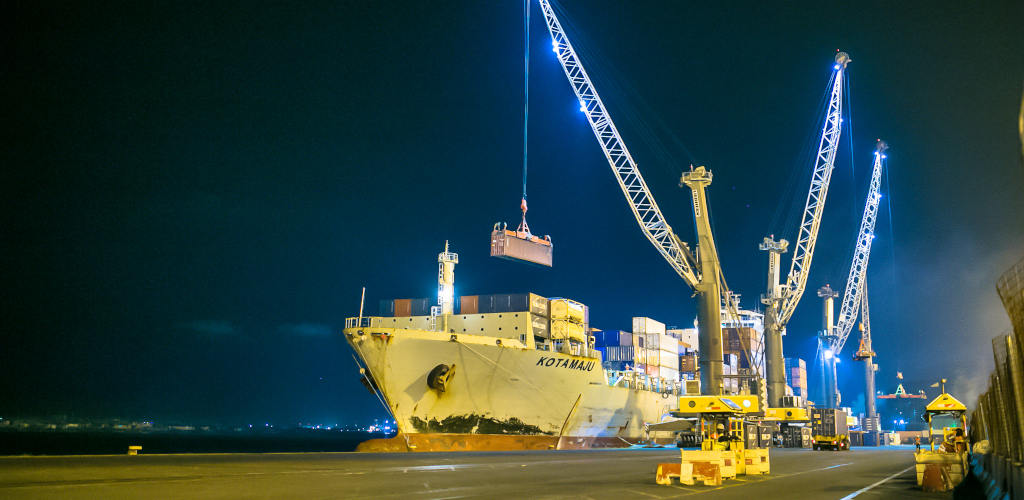Continent on Brink of Minerals, Metals Explosion
 By Capt. Pappu Sastry
By Capt. Pappu Sastry
From Issue 2, 2024 of Breakbulk Magazine
 The resource wealth of Africa has been acknowledged for many years. There have been many decades of paper trading of mining licences without actual work, exploration prolonged by socio-political aspects for each of the countries and a gradual learning curve of administrations that led to potential not being fully realised. Africa, though we talk of it collectively, is the combination of 56 countries, each with their own potential and kinetic forces.
The resource wealth of Africa has been acknowledged for many years. There have been many decades of paper trading of mining licences without actual work, exploration prolonged by socio-political aspects for each of the countries and a gradual learning curve of administrations that led to potential not being fully realised. Africa, though we talk of it collectively, is the combination of 56 countries, each with their own potential and kinetic forces.
It is safe to say now that Africa is finally on the brink of ‘the great unleashing.’ There are several new projects in mining of various bulk, essential and critical minerals and precious metals that are coming up. The diversification of China with iron ore reliance has led to at least a dozen iron ore projects mainly in West Africa.
The disciplined ramping up of bauxite volumes from Africa has led to many new junior mines entering the fray in West Africa. The dignified exit of major players from coal in several geographies led to new players entering and flourishing with coal from south and east Africa. The essential and critical minerals listing by several governments, especially the U.S. and China as they race towards EV supremacy, has led to a rush for mining projects that involve lithium, graphite and cobalt all over the continent.
Breakbulk shipping can expect to benefit from this growth in mining with new imports of equipment for mining, transport and infrastructure into Africa. The major impact on breakbulk shipping will, however, not just be with equipment for new and reviving mining projects of Africa. There are many more African countries that have aligned in recent times to processing raw ore before exports. The investments into infrastructure that are required for these initiatives will mean a lot more imports than previously expected.
The processing of many smaller ores will not need much effort. Namibia and Zimbabwe already have rules on processing critical minerals like lithium which will need some effort, but not a huge amount of machinery for the volumes that are available. But for iron ore or bauxite volumes the processing will take a lot more effort. The processing will also need to be powered and there is a great deal of industrial electricity shortfall in almost all of Africa, either in terms of production or distribution.
Unless the actual ore processing is diminished by beneficiation with lesser regulations around exports, this growth in mining is expected to bring about a huge import market for general cargo, breakbulk and containers before the processed ore is eventually exported. There will be a need for more generators, new or refurbished power plants, refineries, smelters, and thus a push for movement of steel structures, fabricated parts, large machinery, and all associated transformational parts.
But while the potential is there, the fundamentals surrounding African infrastructure related to mining will need change. There is no great rush from financial institutions to fund infrastructure development in Africa and there is a lack of knowledge on infrastructure requirement for processing mined ores. There is also insufficient know-how from mining companies on how to set up infrastructure.
Additionally, the stability of most elected governments in Africa is unclear and even military regimes seem to have a high centre of gravity. The narrative that Africa and challenges are synonymous is not accurate for the people who know Africa. Africa is synonymous with opportunity; and every opportunity carries its share of challenges.
Capt. Pappu Sastry is CEO of Adhira Shipping and Logistics.
TOP PHOTO: APM Terminal in Nigeria. CREDIT HPC
